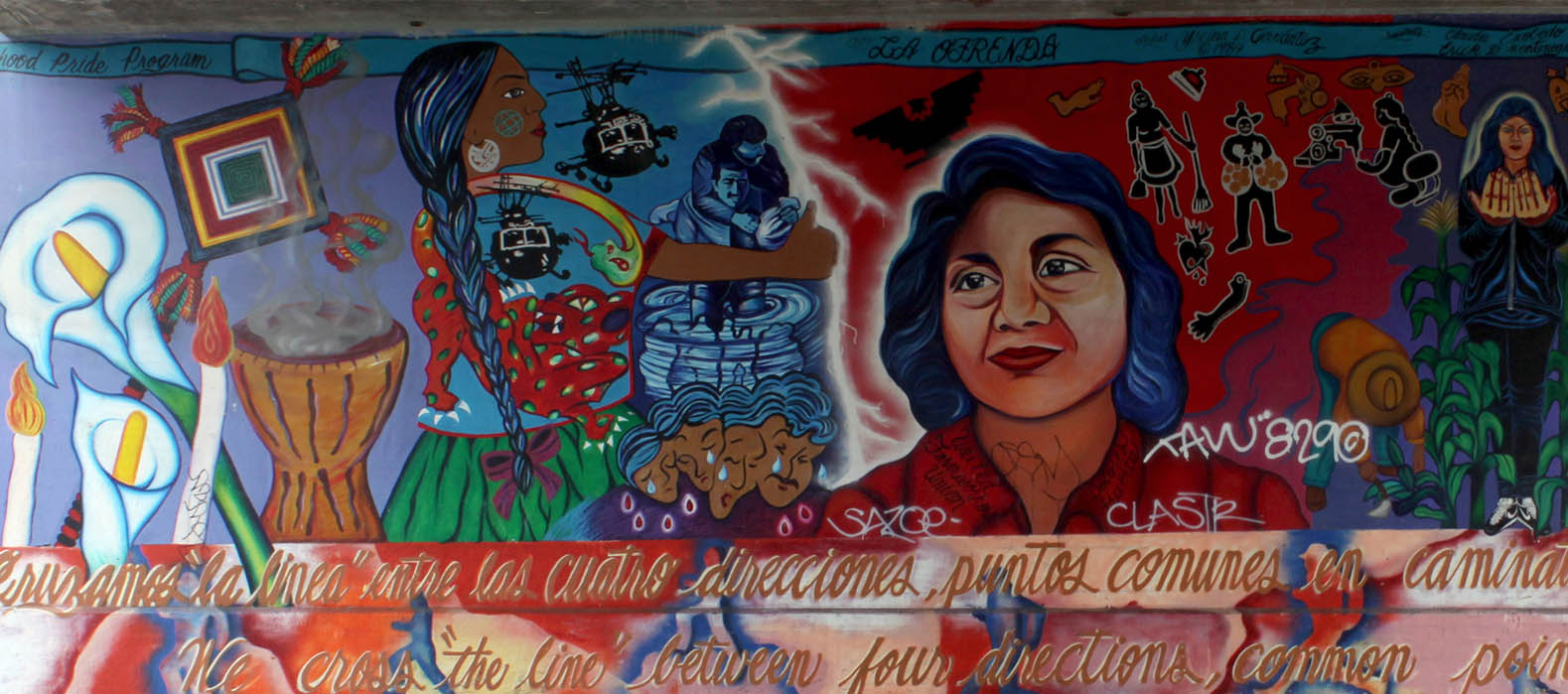
Engaged Learning (EL) courses are a core curriculum requirement designed to integrate classroom studies with experiences beyond the classroom. This pedagogy asks students (and faculty) to engage in significant and ongoing work that challenge students to think more critically and deeply about what they are studying. Engaged learning combines experiential opportunities with academic preparation and involves active, hands-on learning, critical reflection, and the integration of experience with knowledge. BCLA Engaged Learning is here to support your development and implementation of Engaged Learning courses. Faculty teaching EL courses can apply for up to $1500 to support the implementation of this work.
In addition to this work, BCLA Engaged Learning is available to support faculty with:
- Assistance with applying for an Engaged Learning Flag
- Individual support for planning Engaged Learning courses
- Faculty training seminars on engaged learning that include: course design, assessment, and practical considerations
- Information about working in LAUSD schools, such as volunteering policies
- Developing and maintaining relationships with community-based and public organizations
- Applying for external funding to support your Engaged pedagogy and scholarship.
There has been a recent approval to transition from Engaged Learning Flags to Experiential Learning for Mission designations, also required as part of the Core Curriculum for all students. Currently the transition plan has not been finalized and EL continues to be used to meet the requirements. You can find more information about the Experiential Learning for Mission on the Core Curriculum webpage: Core Curriculum - Loyola Marymount University (lmu.edu)
For any questions related to Engaged Learning in BCLA, contact:
Deanna Y. Cooke, Ph.D.
Director of Engaged Learning, BCLA
Deanna.Cooke@lmu.edu
-
Engaged Learning consists of classes that could include the following types of experiences:
Community-based learning
- A Jewish Studies course creates informational placards in collaboration with the Museum of Tolerance
- Students work with a community organizing group to archive their 20 year history
- An African American studies course works with local high school students to teach what they are learning about Black history
- Elder Law students volunteer with senior citizens with differing mental and physical capabilities, to see how the law is applied differentially
Faculty-mentored research
- A social research course conducting interviews with women exiting prison in collaboration with civil rights advocates
Field experience
- Business students work with small businesses to provide a business plan
- Communications students work with a local non-profit to provide a communications plan
Internship or practicum
- Students in a course on Greek history review Films for the LA Greek Film Festival
- Political Science students take an internship course and work with local politicians
Study Abroad
- BCLA Global Immersion Trip to the Ukraine to experience and learn about Eastern Christian Traditions
- African American Studies course studying Afro-Caribbean identities and traveling to Cuba to learn firsthand.